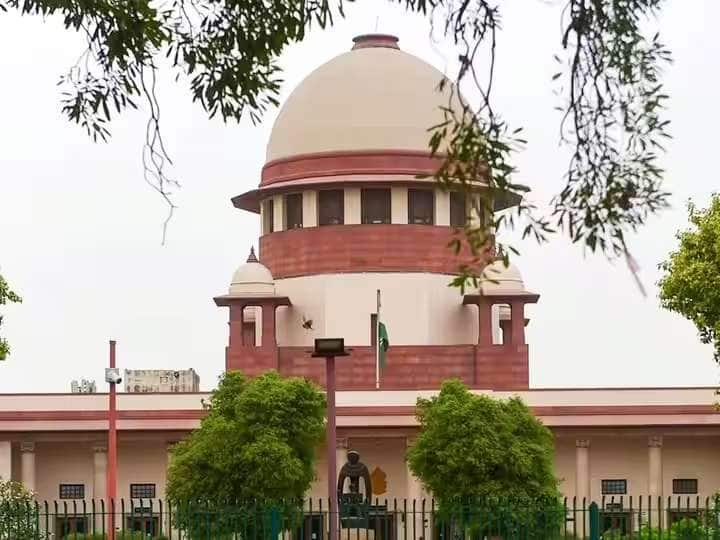The Central Government has once again sought time from the Supreme Court to respond to the petitions filed against the Places of Worship Act. On the petition filed in 2020, the Supreme Court had issued a notice on March 12, 2021, but till now the Center has not taken any stand. On Tuesday (July 11), Solicitor General Tushar Mehta, appearing for the government, once again requested for time. A bench headed by Chief Justice DY Chandrachud accepted it.
In today’s hearing, advocate Vrinda Grover opposed these petitions. Along with this, he also demanded a stay on the ongoing lawsuits regarding claims at different religious places across the country, but the court refused.
What is the matter?
The Places of Worship Act of 1991 talks about maintaining the status of all religious places as on 15 August 1947. Many petitions challenging this have been filed in the Supreme Court. In these petitions, this law has been told against the fundamental and constitutional rights. It has been said that this law deprives the Hindu, Jain, Sikh and Buddhist communities from demanding their rights.
Argument of religio-cultural authority
Apart from lawyer Ashwini Upadhyay in the Supreme Court, several petitioners like BJP leader Subramanian Swamy, Vishwa Bhadra Pujari Purohit Mahasangh have challenged the law. He has said that it is the constitutional right of every citizen to bring any issue to the court, but the ‘Places of Worship Act’ deprives the citizens of this right. This law prevents the Hindu, Sikh, Buddhist and Jain communities from claiming their holy places, in whose place mosques, dargahs or churches were forcibly built. This is not only a violation of the fundamental right to get justice, but also discrimination on the basis of religion.
Jamiat has also reached the court
Jamiat Ulema-e-Hind, an organization of Sunni Muslim Ulemas, has also reached the Supreme Court in the matter. Jamiat has said that in the Ayodhya dispute verdict, the Supreme Court has said that in other cases the Places of Worship Act will be followed. Therefore, now the petitions challenging this law should not be heard. Such hearing will create an atmosphere of fear and insecurity in the Muslim community. The court said today that after the government’s affidavit is filed, all the parties including Jamiat can file their reply on it.
Read also:
Be the first to read breaking news in Hindi aajsamacharindia.com| Today’s latest news, live news updates, read most reliable Hindi news website aajsamacharindia.com|
Like us on Facebook or follow us on Twitter for breaking news and live news updates.



